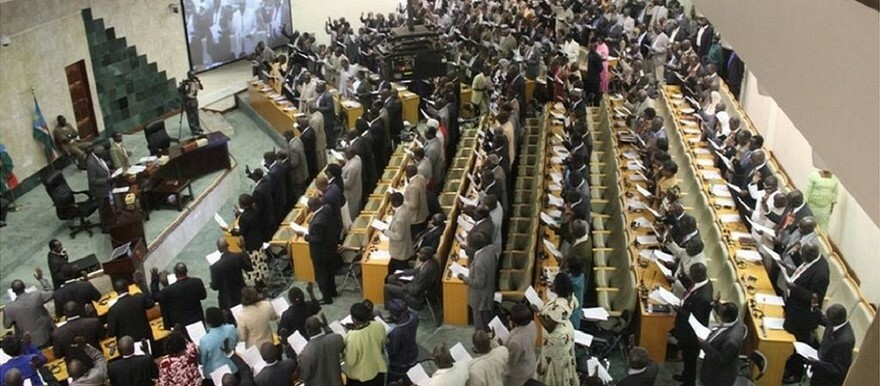
After more than a decade of delays, South Sudan’s parliament has finally approved the National Youth Policy 2025, signaling a renewed political will to empower the country’s youth — a demographic that makes up the majority of its citizens.
First introduced in 2013, the policy has endured years of political turbulence, bureaucratic setbacks, and renewed calls from civil society. Its adoption on Thursday was hailed as “historic” by youth advocates who say the country can no longer afford to ignore its young population.
The legislation defines youth as citizens between 15 and 35 years old and reserves 20% of government positions for them. In addition, 10% of the national budget will now be earmarked for youth-led programs and development projects.
Deng Tong, Deputy Chairperson of the Joint Parliamentary Committee for Legislation, Justice, Youth, and Sports, described the policy as the product of years of “collective thought and institution building.”
“It’s an integrated and coordinated framework for youth development,” Tong said, adding that it establishes “clear accountability and financing systems.”
The policy will replace the existing youth union with a new National Youth Council, structured according to the East African Community (EAC) standards.
It aims to promote youth participation in governance, peacebuilding, and entrepreneurship, while tackling key social challenges like unemployment, health access, and gender inequality.
For many lawmakers, the 10% budget clause was among the most consequential. Grace Abalang, one of its strongest supporters, argued it would help steer young people away from armed groups and conflict.
“Without this policy, many of our youth have joined rebellion,” she told the assembly.
Not all MPs agreed. Some objected to the financial commitment, while others questioned the age bracket. Lawmaker Nyang Johnson Lok Riek countered that 10% “is nothing compared to what is needed” to empower youth meaningfully.
The policy’s passage was also shaped by youth-led lobbying campaigns. Edmund Yakani, Executive Director of CEPO, called it “a success for advocacy” and urged the government to back the law with real funding and institutional will.
“Now comes the most difficult part — implementation,” Yakani said. “The youth must own this policy.”
Florence Agiba, who leads the youth group Markaz Al Salam, warned that South Sudan’s history of “policy stagnation” could undermine progress.
“Drafting policies is one thing, enforcing them is another,” she said. “Unless they are implemented, they remain just words.”
The National Youth Policy 2025 arrives as South Sudan continues to recover from conflict, economic strain, and widespread unemployment. Yet many see it as a long-overdue promise — one that, if realized, could shape the country’s democratic and developmental future.
“This policy is not just a document,” Tong said. “It is a commitment to the future of South Sudan.”




